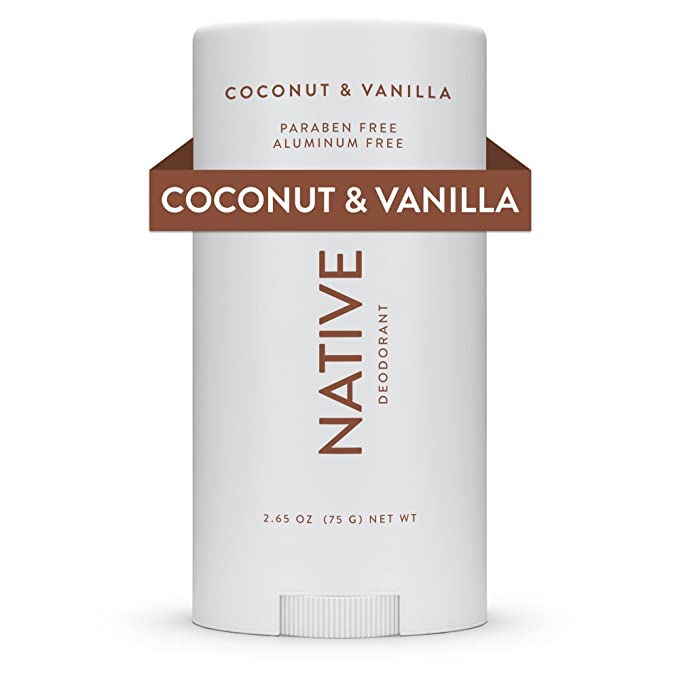The Baking Soda Deodorant Debate: Why Natural Isn’t Always Better
As an Amazon Associate I earn from qualifying purchases. If you make a purchase through any of these links, we may receive a commission.
In recent years, the popularity of natural and organic personal care products has skyrocketed as consumers become more health-conscious and environmentally aware. One such product that has gained traction is baking soda deodorant. Advocates of this natural alternative claim it’s more effective and safer than traditional deodorants and antiperspirants. However, as with any trend, it’s essential to critically examine the claims and potential drawbacks. In this blog post, we’ll explore the reasons why using deodorant with baking soda may not be the best choice for everyone.
- Potential Skin Irritation:
While baking soda is a natural ingredient, it can be abrasive and harsh on the skin, especially for those with sensitive skin. The alkaline nature of baking soda can disrupt the natural pH balance of the skin, leading to irritation, redness, and even rashes. Prolonged use may cause discomfort, making the product counterproductive in combating body odor.
- Ineffectiveness Against Body Odor:
Baking soda is primarily known for its odor-neutralizing properties, making it an attractive choice for deodorant. However, it does not prevent sweating. Unlike traditional antiperspirants that contain aluminum salts to block sweat glands temporarily, baking soda-based deodorants solely mask odor without addressing the underlying cause – sweat production. This can leave individuals feeling less confident and fresh throughout the day.
- Potential Allergic Reactions:
Though natural, baking soda can still trigger allergic reactions in some individuals. Allergies are highly individualized, and a substance as seemingly benign as baking soda might cause severe allergic responses in certain people. Before using any new product, especially those with unconventional ingredients, it’s essential to perform a patch test to check for potential allergies.
- Staining and Residue:
Baking soda deodorants may leave unsightly white stains on clothing, especially dark-colored fabrics. Additionally, the residue left on the skin after application can be difficult to wash off, leading to further discomfort and potential staining on clothes. This drawback can be particularly frustrating for individuals who value presentation and cleanliness.
- Limited Sweat Protection:
Sweating is a natural bodily function that helps regulate body temperature and expel toxins. Traditional antiperspirants, while controversial due to their aluminum content, provide more effective sweat protection than baking soda-based deodorants. If excessive sweating is a concern, alternative solutions or seeking medical advice might be necessary.
Conclusion:
As consumers, it’s crucial to be cautious when choosing personal care products, particularly those that deviate from traditional options. While baking soda deodorant may offer a natural alternative to conventional products, it may not be suitable for everyone. The potential for skin irritation, allergic reactions, and limited sweat protection must be carefully considered before making a switch. If you are considering a baking soda deodorant, perform a patch test first and be prepared to explore other options if any adverse reactions occur.
Ultimately, finding the right deodorant is a personal journey. What works for one individual may not work for another. If you’re unsure which product is best for you, consult with a dermatologist or try different products until you find the one that fits your needs and preferences. Remember, personal hygiene is essential, but it’s equally vital to prioritize your health and comfort in the process.


 Facebook
Facebook
 X
X
 Pinterest
Pinterest
 Copy Link
Copy Link


